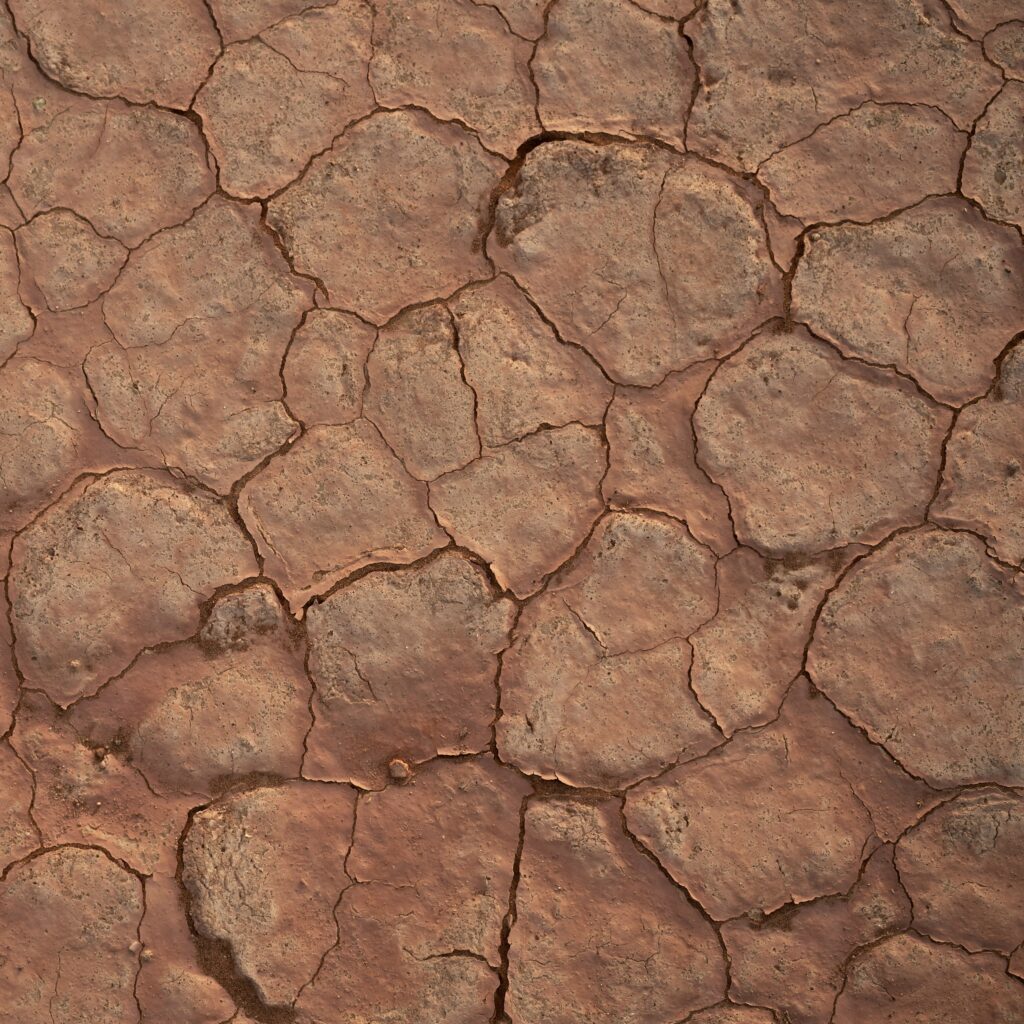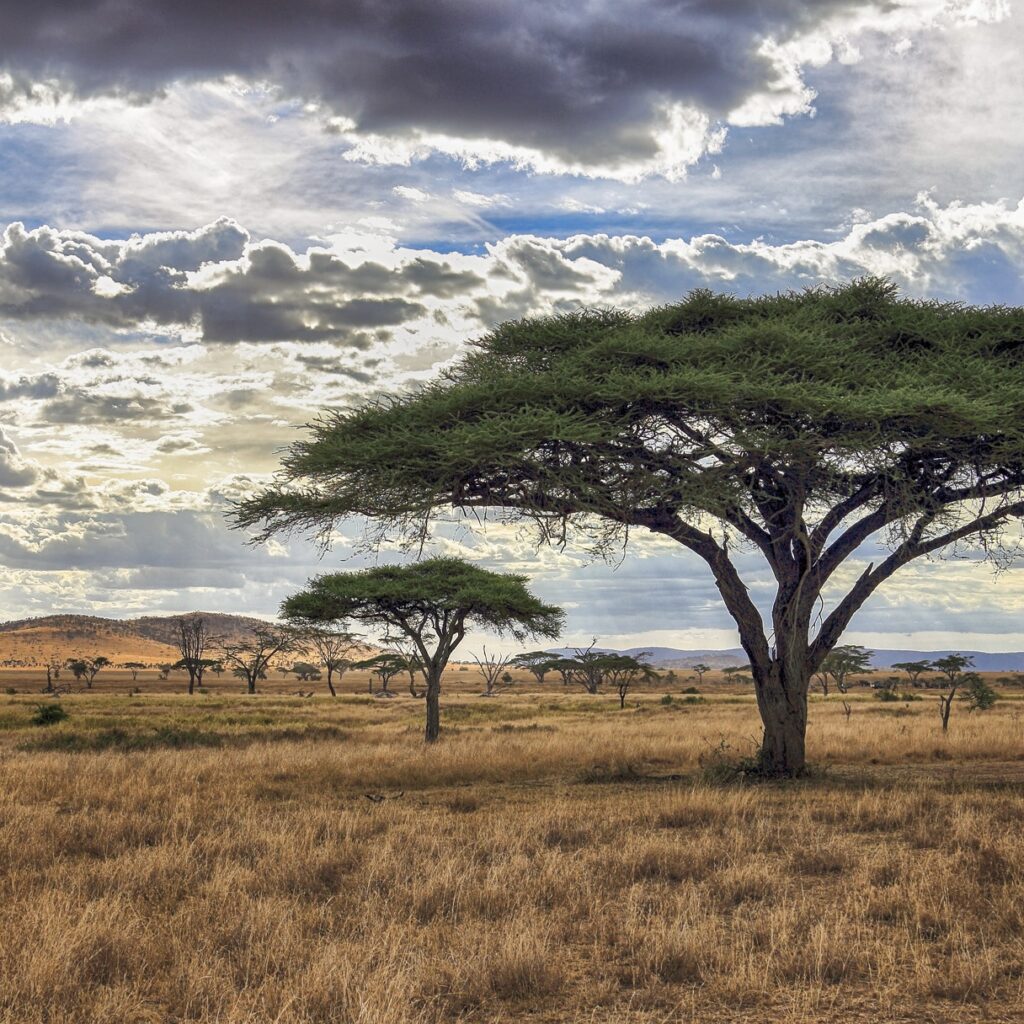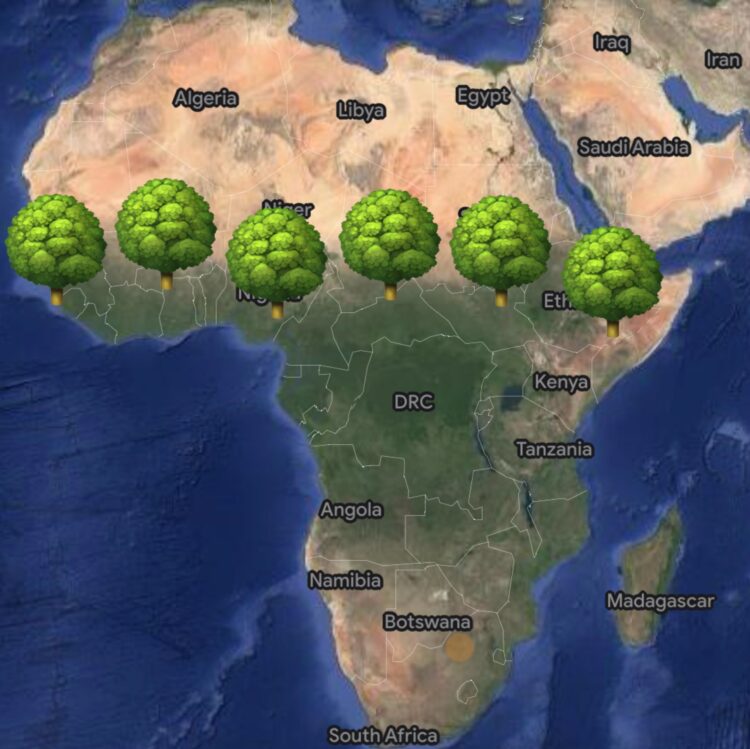Of all the continents on our planet Africa is the most severely affected by land degradation and desertification. Recent years have seen a rapid increase due to rising temperatures, extreme weather events and intensive farming practices. The consequences are severe, causing communities to suffer increased poverty, food insecurity and eventual displacement.
Charity aid is very much relied upon and relief is often only temporary, but there is hope of a more sustainable solution. A project that began around 18 years ago with the goal of creating lasting change is showing real promise. It’s considered the largest land restoration project in the world and is known as ‘The Great Green Wall’.

Wolfgang Hasselmann, Unsplash.
Quick facts
Land to be restored: 100 million hectares
Length: 4,831 miles (7,775 kilometres)
Width: 9 miles (15 kilometres)
Carbon to be sequestered: 250 million tons
How it works
The project aims to plant billions of trees, shrubs, and grasses spanning across the 11 countries that run parallel to the Sahara Desert. Success in such harsh environments is reliant on the implementation of water harvesting techniques, communal participation and the selection of drought tolerant species like Acacia.

Achim, Flickr.
Once established the plants create a more hospitable environment by producing shade and raising humidity levels whilst also protecting the soils surface. As a result temperatures lower, erosion ceases, soil health improves and over time biodiversity increases, eventually restoring the ecosystems.

Annie Spratt, Unsplash.
Success stories
🇸🇳 Senegal
Communities have fully committed and are considered leaders of the project. As land restoration progresses people have stopped migrating and schools have begun reopening.
🇳🇪 Niger
Food insecurity is gradually lowering, farmers are currently producing enough grain to feed an additional 2.5 million people!
🇪🇹 Ethiopia
Communities are able to make an income by selling frankincense harvested from the trees.
🌍 Across participating sites
Over 30 million hectares of land has been restored. Crops are now easier to grow, reducing food insecurity and improving the health and wellbeing of communities. Around 350,000 jobs have been created so far which has enriched the livelihoods of many.
Issues
Sadly in recent years the project seems to have slowed, it’s said that terrorists operate within the corridor of the Great Green Wall and pose as a serious threat within certain areas. Other issues include poor coordination and a lack of political support in some of the countries that are part of the plan. Considering the positive results in areas that have taken part, there’s a lot of hope that the project will keep moving forward where and when it’s safe to do so.



